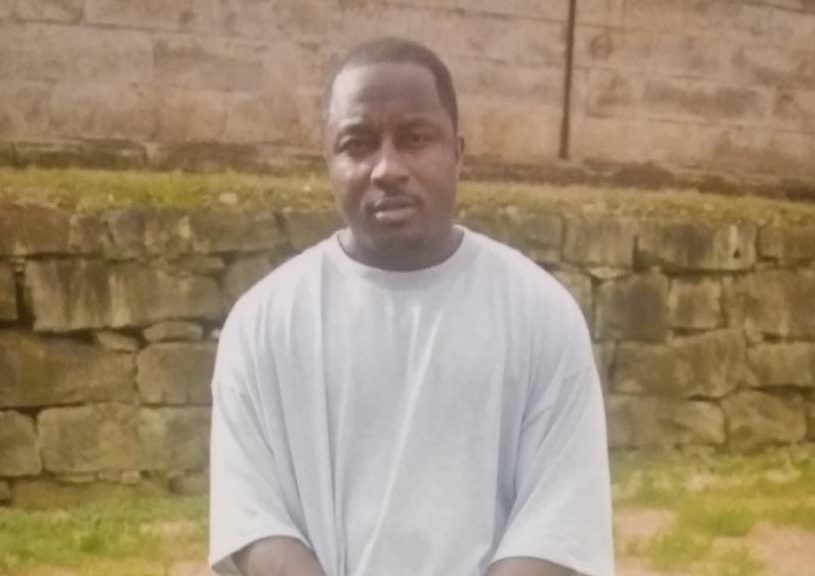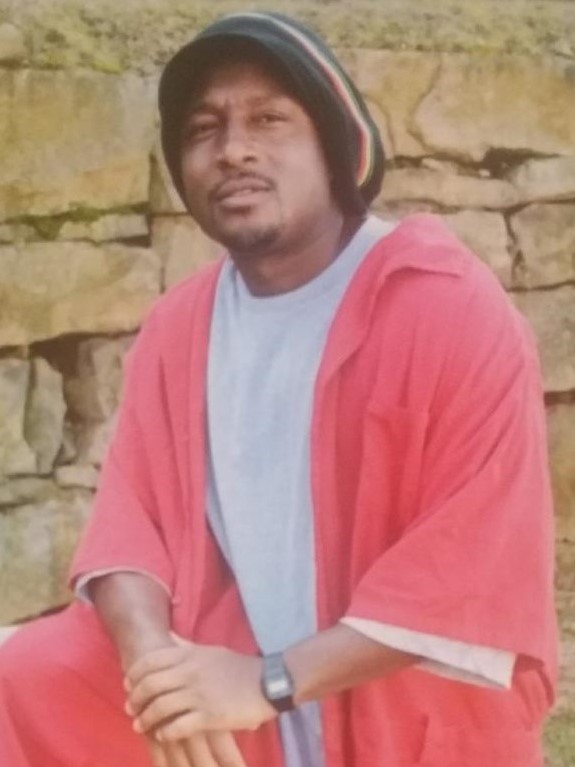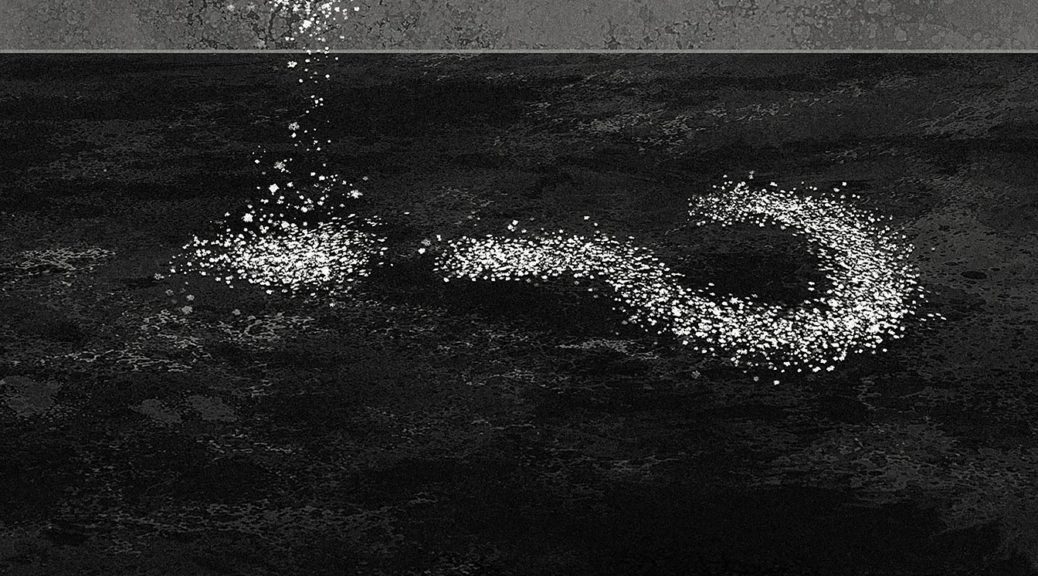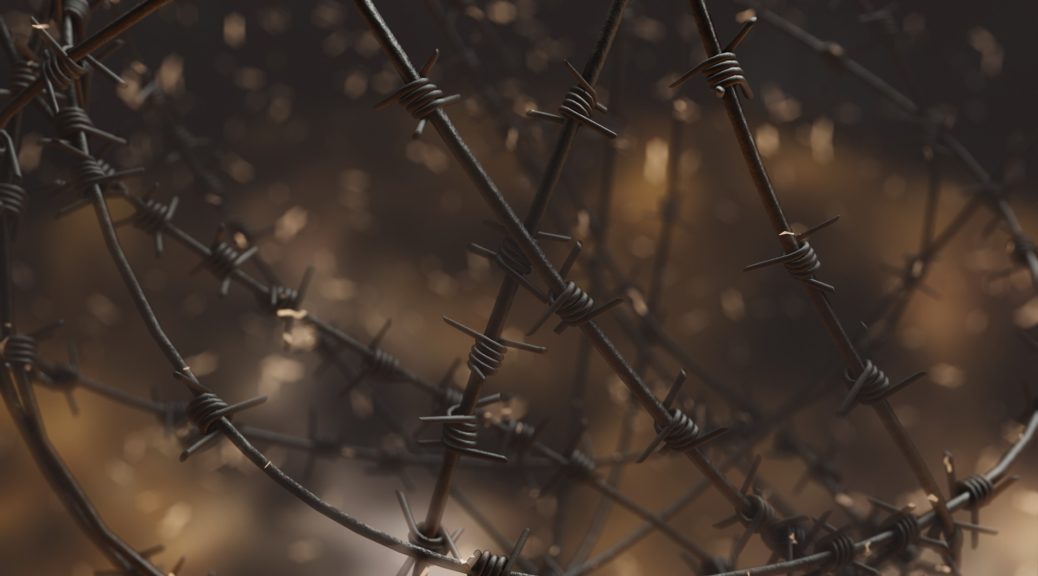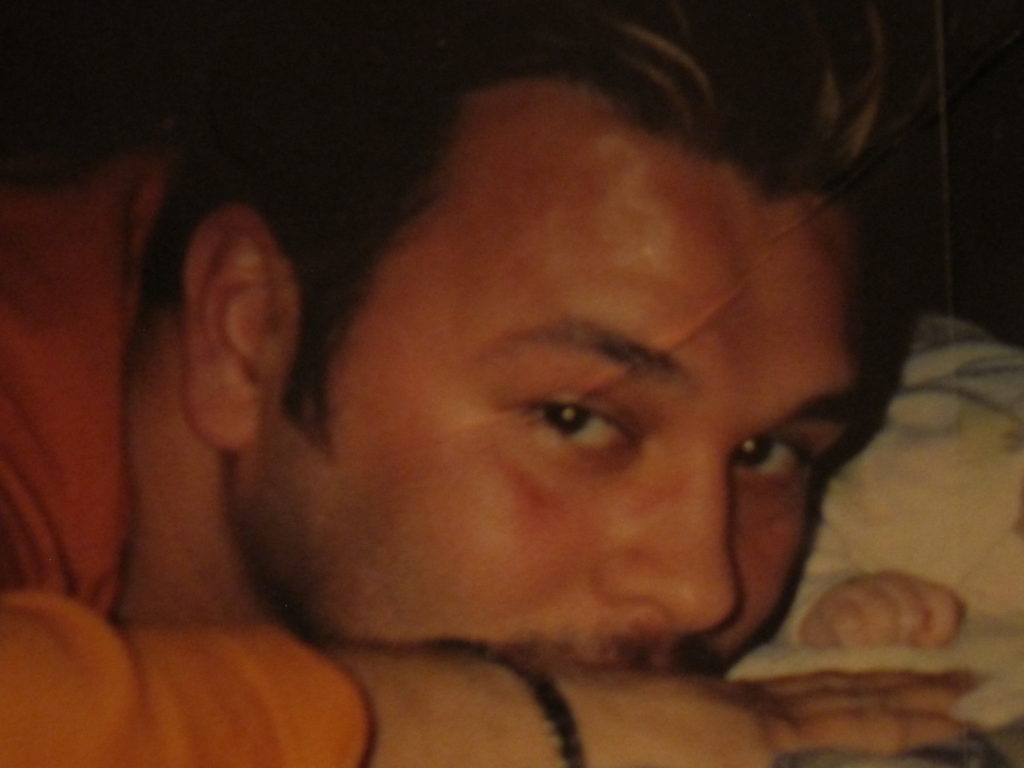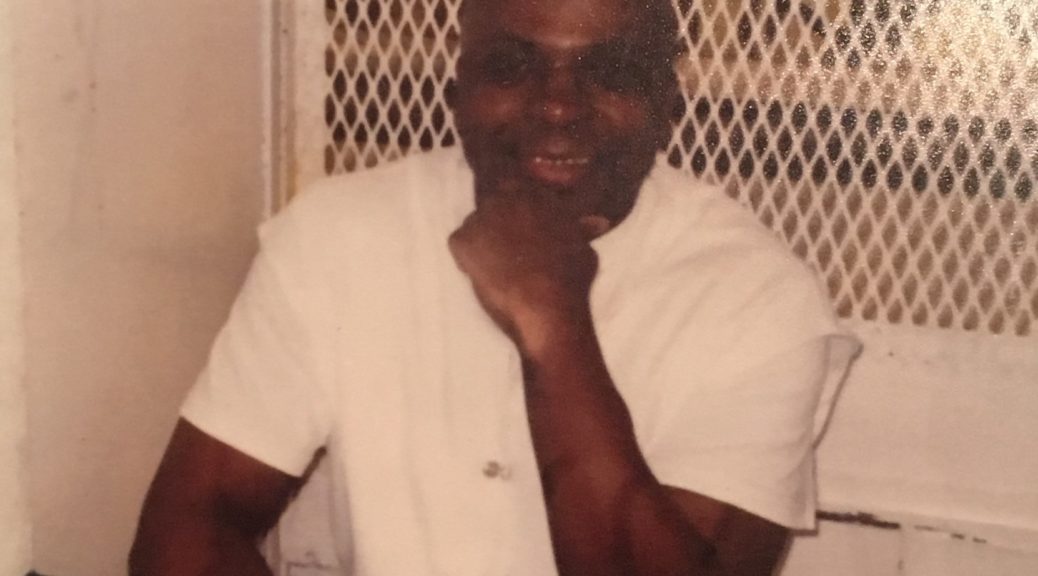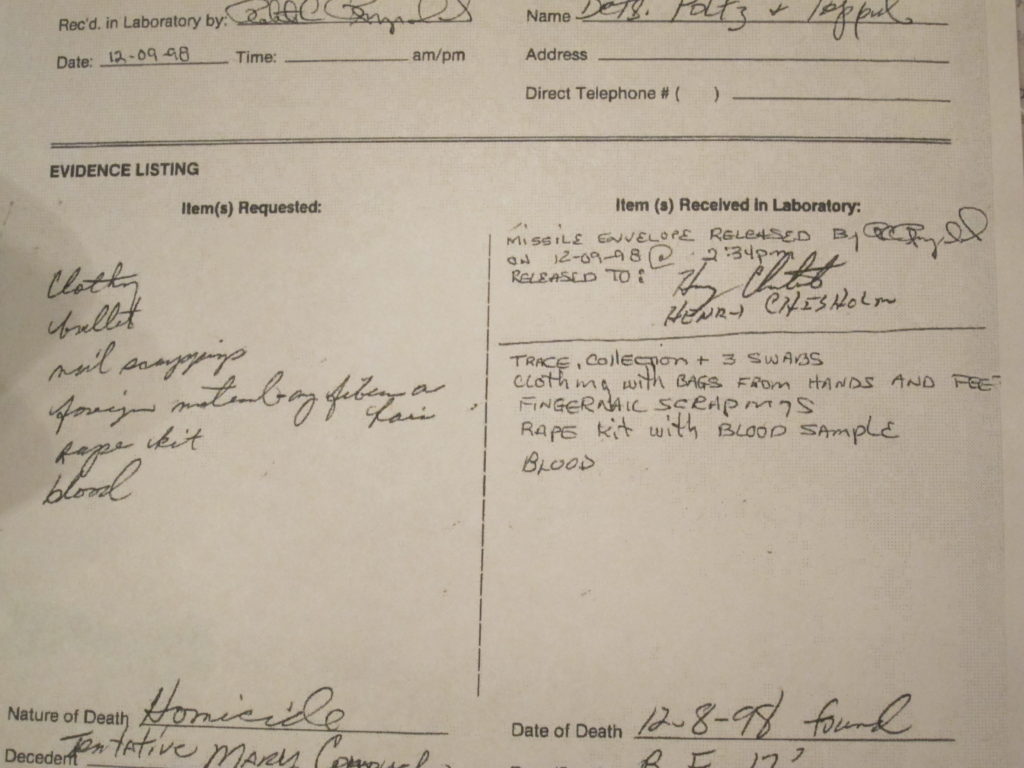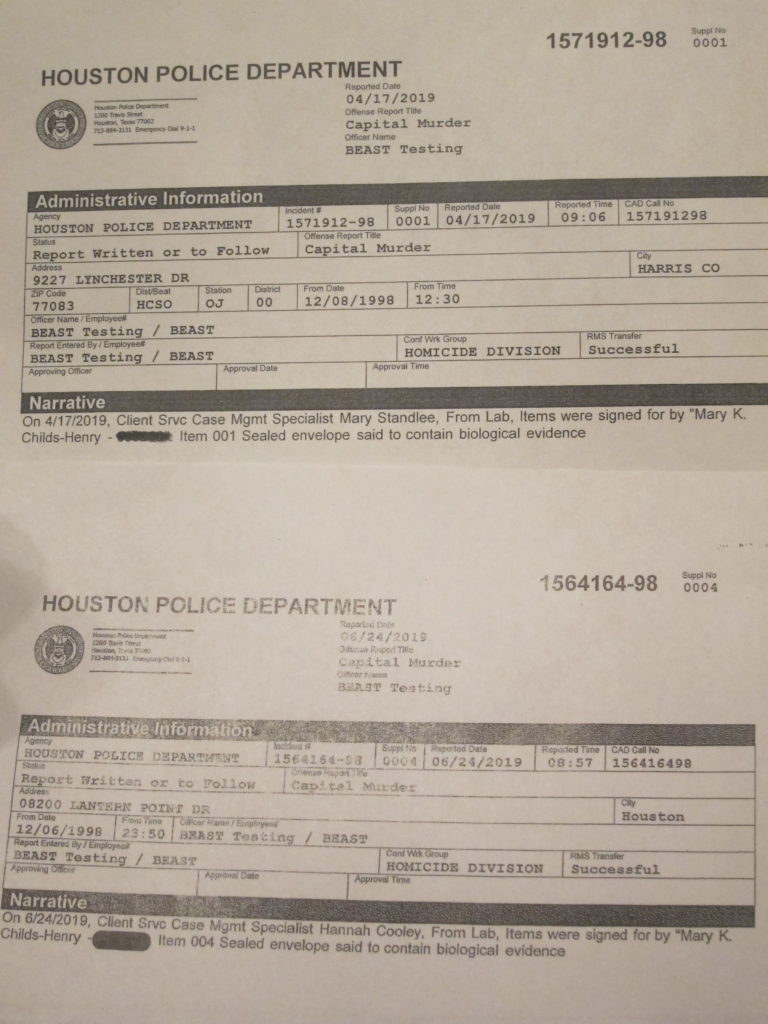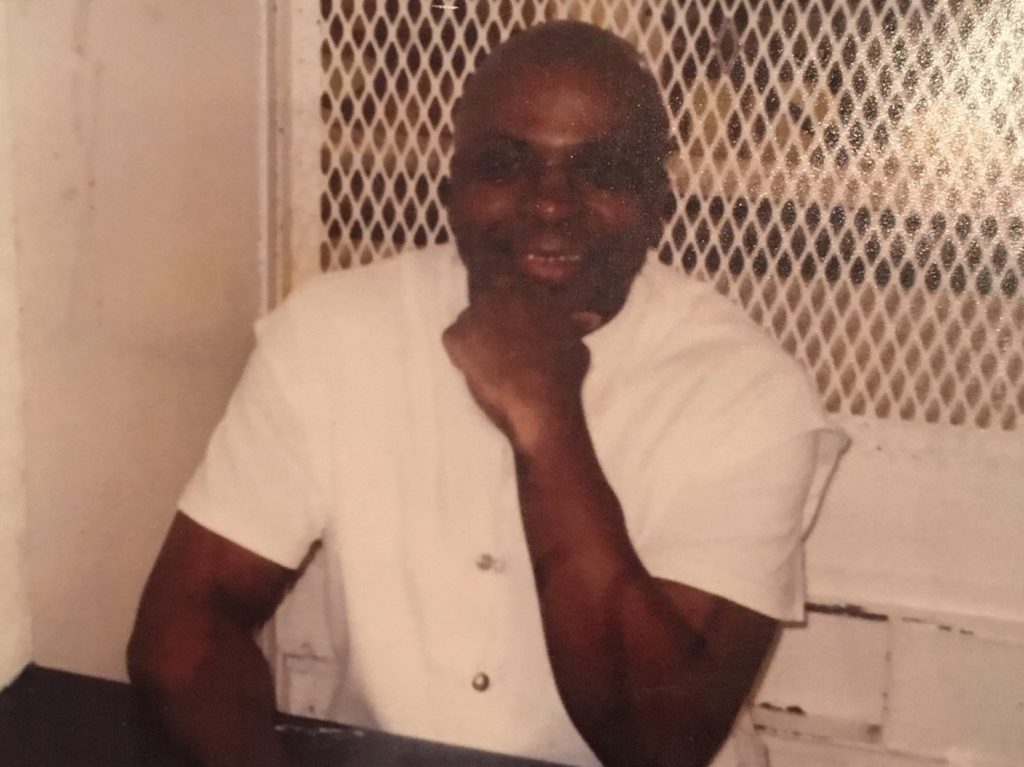Terry Robinson has quietly maintained his innocence for two decades, and many would prefer it remain that way – quiet. It’s easier. For Robinson to be innocent, someone has to be guilty. When a death sentence weighs heavily on the word of family or close friends – there is typically silence. I’ve heard it described as ‘the dark time’ by different families from different parts of the country. Time marches on, no one talks, families break apart. To defend the one accused – is to imply the accuser did the unthinkable.
This is some of what happened twenty years ago.
A man was killed in 1999, and a family lost him forever at the hands of someone. Mary Hoskins, Terry Robinson’s mother, also lost her son. And so began the dark time, and I imagine she wasn’t able to grieve openly, the way a mother should. No one talks. No one compares statements. No one reads the testimony. As the saying goes – let sleeping dogs lie. Sometimes the truth gets buried in the silence.
Mary Hoskins could have concocted an alibi for her son when she was interviewed by police, but she didn’t. Out of all the interviews and statements, hers had to be the most difficult and because of that, probably the most accurate. She knew what she said could impact her son – for better or worse. As hard as it was, she didn’t give Robinson an ‘out’ for the time of the crime – she told what she knew. That very fact, speaks to her integrity. And when she became aware police were looking for her son – she tried her best to give them information on where they might find him. She didn’t want him hurt in the search. Following is the interview of Mary Hoskins:
Mrs. Hoskins stated that she is the mother of Terry Robinson, and that back on the Sunday that this incident happened, she stated that she had got off of work around 3:30 PM. She stated that she works at the N.C. Special Care Center, and that when she got home, that Terry and his girlfriend, Shahara, were there. She stated that she’s not sure of what time they left, but that it was still light outside. She stated that Montreal Bullock who lives next door to them came over, and she thinks that Terry and Shahara left with him. Mrs. Hoskins stated that she didn’t see Terry again until the next night. She stated that Shahara told her that they went to her mother’s house, and her mother brought them back out to her house and they stayed in the barn that Sunday night.
The defense didn’t call any witnesses, so although Mary Hoskin’s interview could have called into question the credibility of Ronald Bullock and Jesse Hill – Mary wasn’t given that opportunity. No defense was presented.
Sophia Hoskins, Robinson’s sister, was also interviewed by police. She didn’t give her brother an alibi or say what she thought might help defend him. She gave a brief, credible interview.
Sophia stated that Terry is her brother, and that on Sunday afternoon that Terry and Shahara were at the house. She stated that she left to go to work at Harris Teeter around 4:30 P.M. and that she got off work that night around 9:30 P.M. She stated that when she got home, that she went to the bathroom, and then to her bedroom. She stated that she didn’t see Terry or Shahara after she got back from work.
Again, the defense chose not to call Sophia Hoskins to the stand, although her interview contradicts the trial testimony of Ronald Bullock and Jesse Hill, who both told police that Robinson was with Ronald Bullock organizing a robbery on Sunday afternoon and not with his girlfriend. Jesse Hill was interviewed by police and said that Ronald Bullock and Terry Robinson were at his house at 3:00 discussing the plans and asking him to participate.
The jury never heard anything regarding the interviews of Mary Hoskins or Sophia Hoskins, nor did the defense call them to testify. Nor was the jury given the opportunity to hear from the girlfriend who was said to have spent time with Robinson for a good part of that day – although it appears investigators didn’t even interview her, as I see nothing regarding that in the case file.
Instead they heard from Jesse Hill, Terry Robinson’s cousin, whose interview with police contradicted both Mary and Sophia.
Mr. Hill stated that yesterday around 3:00 P.M. while he was on Kincaid Avenue, his two cousins, Terry Robinson and Montreal Bullock came over in a gray four door car. He stated that they told him that they needed some money, and that they were going to rob the Pizza Inn. Mr. Hill stated that he told them they were crazy. Mr. Hill stated that they then took him over to his mother’s house on Stantonsbury Road and dropped him off. He stated that later that night he asked his sister to take him back over on Kincaid Avenue.
The above interview goes on and contradicts Mr. Hill’s own trial testimony on some points, as well as contradicting Mr. Bullock’s trial testimony, the other individual who testified Terry Robinson committed murder. While stating that Terry Robinson was planning a robbery, in contrast to the information Robinson’s mother and sister had both given to the police – Jesse Hill also gave himself a solid alibi for the evening, stating he was at his mother’s house.
If the police questioned Mr. Hill’s mother, I have not been able to find those records.
Without a defense, the prosecution didn’t have to deal with any of the contradictions. But the reality is, Terry Robinson couldn’t have been planning a robbery with Bullock and Hill at 3:00 that afternoon if he was at his mother’s home with his girlfriend. The jury didn’t get the opportunity to decide who they believed because they were never presented any of that information.
Terry Robinson was sentenced to death two decades ago and has spent every day since then on death row. If anybody has any information regarding the whereabouts of Terry Robinson or his accusers on any part of Sunday, May 16, 1999, please contact me. kimberleycarter@verizon.net
![]()
